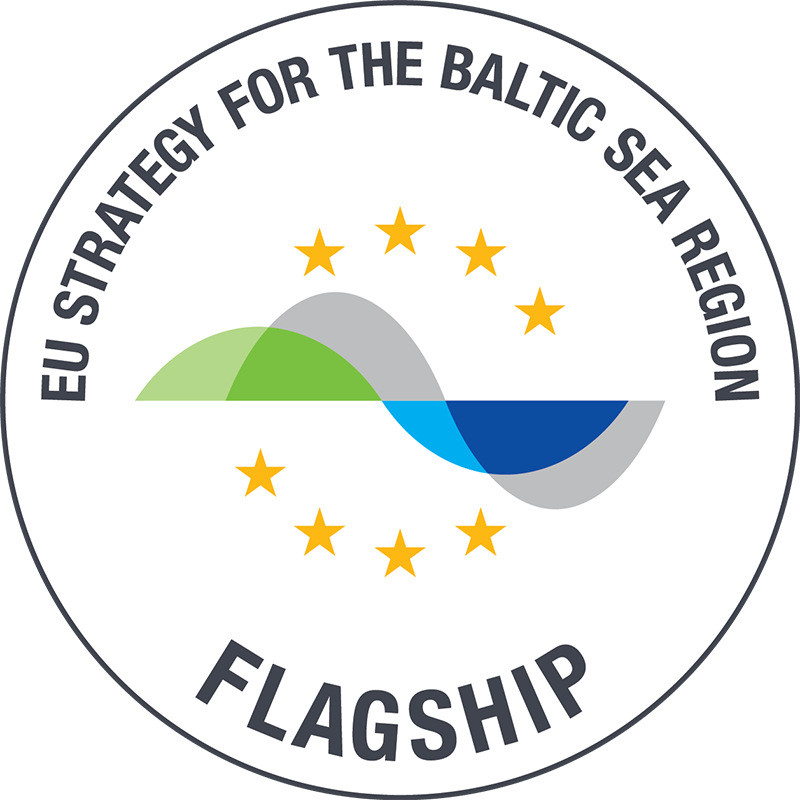Living Labs Reports
The ProVaHealth Living Lab project brought together 17 organizations from 8 Baltic Sea countries for three years to focus on creating better collaboration between Health Living Labs in the Baltic Sea Region, ensureing smooth access to Living Lab services for SMEs, improving market uptake of new products and services in health, enforcing innovation, creation of new entreprises and growth of SMEs and improving health, well-being and quality of life in the society.
Project reports:
Based on the results of mapping and studying good practices of Living Labs in the BSR and other parts of the EU and the world, and the monitoring of the progress of partner Living Labs a toolbox has been developed which can also be used by different kinds of Living Labs (in other sectors) to self-assess their progress and development.
The aim of this report is to give input for policy making and the development of living labs and quattro helix cooperation at different levels. Also to produce practical guidelines proceeding from th test of the toolbox carried out with the Living Labs and hands-on approach and provide practical advice on how to deal with teh implementation of the demand side of innovation and public procurement at home and in various partner countries.
One of the main outputs from the ProVaHealth-project is the Transnational Living Lab Concept, that combines the results from all the tasks in the project in order to raise management capacity of health Living Labs in the BSR to increase the potential of their sustainability and ability to serve SMEs from all Baltic Sea Region countries.
Living lab is a user-centered research and open innovation approach operating in a real-life or real-life kind of environments in which diverse groups actors are together developing and/or testing in a co-creative manner new solutions at different stages of innovation process while utilizing various research, development and testing methods via systematic methodology.
The report draws on 14 collaboration pairs between one small and medium-sized enterprise (hereafter SME) and one Living Lab from different countries in the Baltic Sea Region. In an effort to evaluate how transnational Living Lab services could be conducted, and how servic- es could scale from one country to another, these part- nerships were each funded with 5000 EUR.

